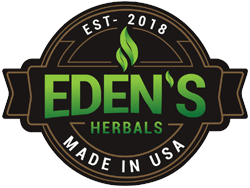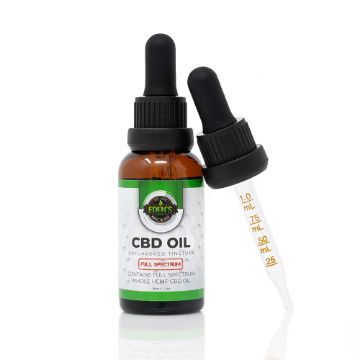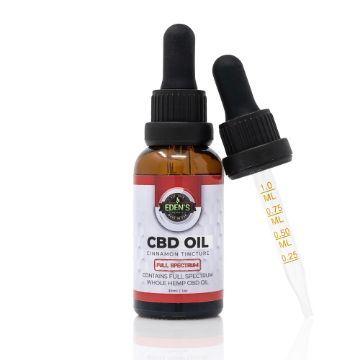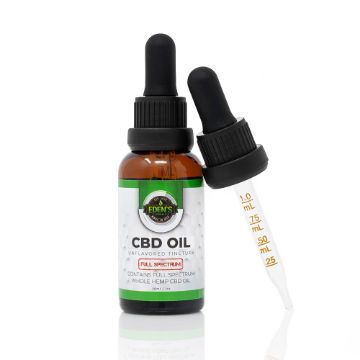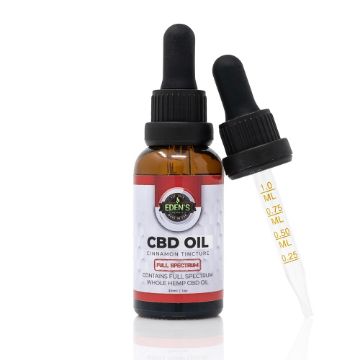Free Shipping Phone 855-657-6766
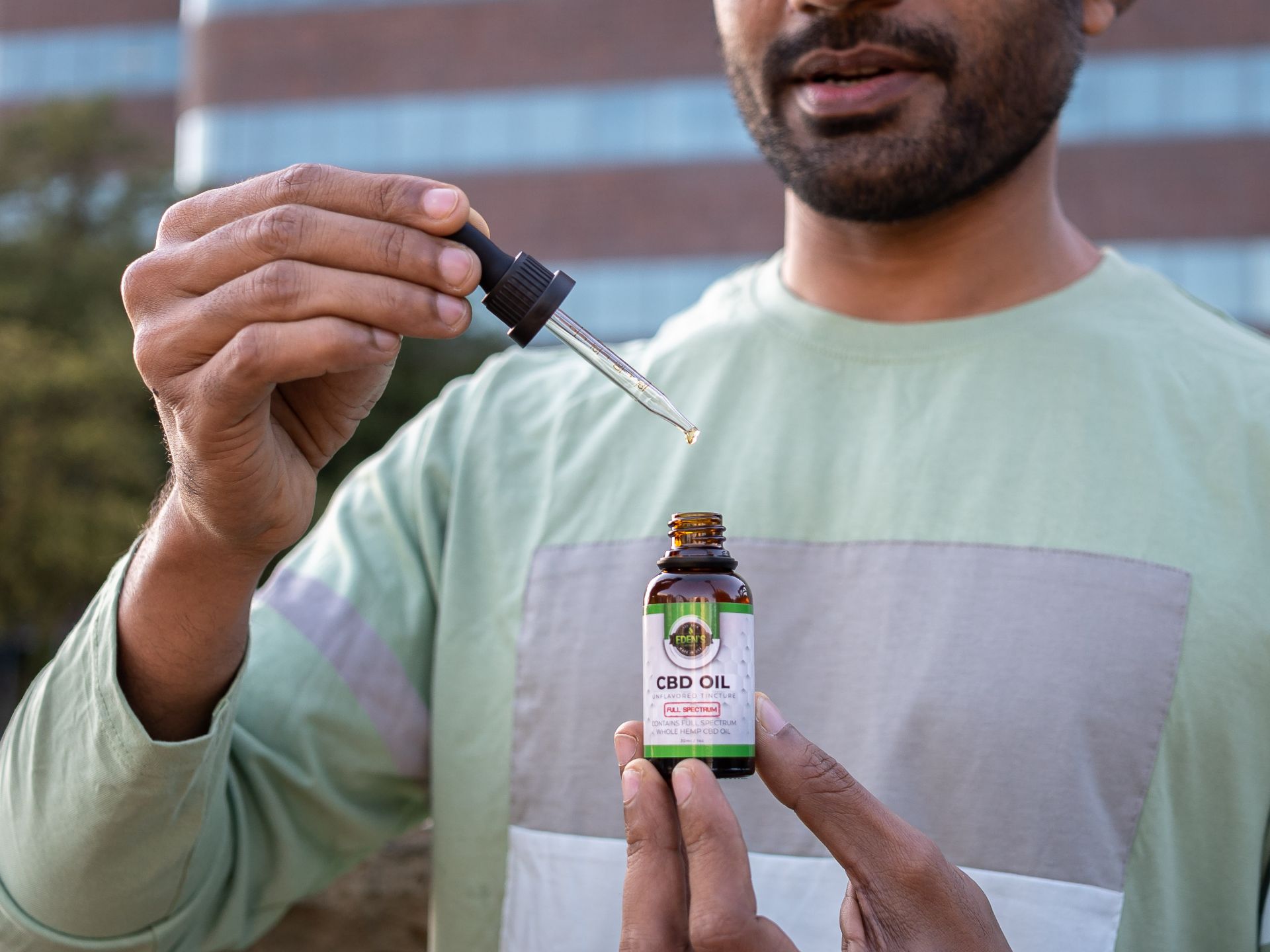
FULL SPECTRUM CBD TINCTURES
FULL SPECTRUM CBD OIL TINCTURE | 500 MG
Unflavored All-Natural Full Spectrum CBD Oil Tincture Containing 500 mg Full Spectrum CBD.
$29.99 $49.99
FULL SPECTRUM CBD OIL TINCTURE | CINNAMON | 500 MG
Cinnamon Flavored All-Natural Full Spectrum CBD Oil Tincture Containing 500 mg Full Spectrum CBD.
$34.99 $54.99
FULL SPECTRUM CBD OIL TINCTURE | 1000 MG
Unflavored All-Natural Full Spectrum CBD Oil Tincture Containing 1000 mg Full Spectrum CBD.
$39.99 $59.99
FULL SPECTRUM CBD OIL TINCTURE | CINNAMON | 1000 MG
Cinnamon Flavored All-Natural Full Spectrum CBD Oil Tincture Containing 1000 mg Full Spectrum CBD.
$44.99 $64.99
WARNING: These Full Spectrum CBD Oil Tinctures contain trace amounts of THC under 0.3%, compliant with the Hemp Farm Bill.
Looking for THC-Free CBD Oil? Click here.
